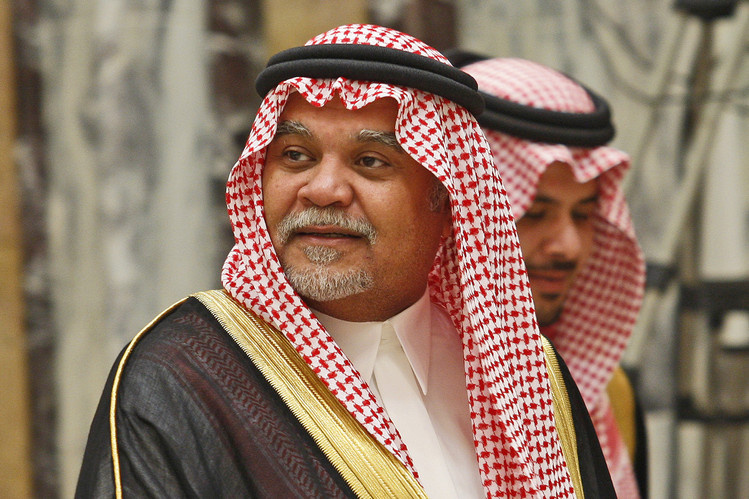A Saudi Retreat

-Bandar bin Sultan was Saudi Arabia’s ambassador to the US for more than 20 years, expanding relations with both Democrats and Republicans.
-After returning from the US, he became a bridge of communication between US and Saudi officials and institutions.
-In the Syrian crisis, the assumption of the ruling structure in Saudi Arabia and King Abdullah was that the Assad regime would be overthrown within three months, but this did not happen. After the two and a half years which have passed since the beginning of the crisis in Syria, the Saudi officials reached the conclusion that they must force the US to intervene in the Syrian crisis and put an end to the Assad regime with a military attack. This became the agenda of Bandar bin Sultan.
-Thus, when the US decided against a military attack and in contradiction with Bandar bin Sultan’s suggestion, this issue became one of the most important reasons behind his dismissal.
-The nuclear agreement reached between Iran and the West has also played a role in his dismissal because Saudi Arabia has defined itself in the axis confronting Iran, hence, Iran’s success in the nuclear issue and Syria’s resistance against the plan to overthrow its political system have both played roles in Bandar bin Sultan’s dismissal.
-Fundamentally, Iran seeks regional and international consensus against terrorism and radicalism since the election of Mr. Rohani. It has succeeded in attracting many regional countries and also many western countries in this regard.
-This international consensus has forced Saudi Arabia to retreat, with decisions such as King Abdullah’s decree to arrest those who join Takfiri groups in Syria and Iraq. Therefore, Saudi Arabia has retreated from its positions due to international pressures and Sultan’s dismissal has certainly been caused by the same pressures as well.
-Mr. Rohani’s visit to Oman and also the visit made by Mr. Zarif to the UAE along with the numerous agreements which were made during these visits show that there is the possibility of reaching an agreement and a change of atmosphere, from one of contradiction to one of cooperation.
-Of course, the conditions in Saudi Arabia are very different from those of the UAE and Oman. Saudi Arabia considers itself one of the leaders of the Persian Gulf Cooperation Council and the Arab world and that is why Saudi Arabia’s retreats are limited and calculated.
-Therefore, although Saudi Arabia has made certain retreats, they were not vast enough to be able to lead to cooperation between Iran and Saudi Arabia. Of course, these measures have prepared the ground for the reconstruction of relations between the two countries.
-Iran is ready to begin cooperation with Saudi Arabia due to its constructive policies and it is Saudi Arabia that must ultimately show a green light.
-The dismissal of Bandar bin Sultan would not lead to a change in Saudi Arabia’s policies with regard to Iran and Syria; this has only made limited changes in the views of Saudi Arabia.

